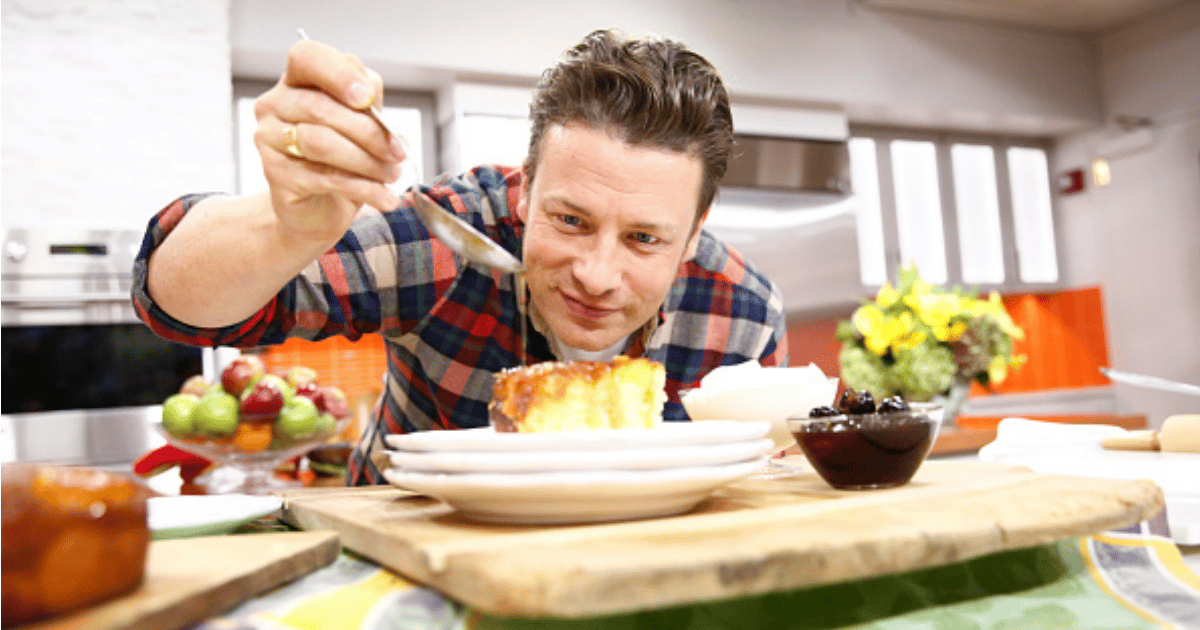Jamie Oliver is, by anyone’s standards, a massive success. As part of his worldwide food empire, he’s published 20 books, with sales of around $250 million. But at school he was classified “special needs” because of his dyslexia. He didn’t read a novel till he was 38.
Now, Oliver has told Radio Times that his dyslexia is the secret of his business success.
“I genuinely think that when someone says to you, ‘Johnny’s got dyslexia,’ you should get down on your knees, shake the child’s hand and say, ‘Well done, you lucky, lucky boy,’” he says.
“If I’m in a meeting I just see the problems different and I obsess about things differently. Some bits of work need to be sweated over and cried over and crafted.
“Because I’m dyslexic, sometimes, when it requires a load of stuff to be done, I just do it. It’s like I’m a massive, 10-tonne boulder rolling down the hill.”
The president of the Australian Dyslexia Association, Jodi Clements, agrees that dyslexia does give people a unique perspective.
“I think, due to traditional classroom teaching being a challenge, they have had to find alternate paths to their learning,” she tells Mamamia.
Clements believes dyslexia and adversity go hand in hand.





























































































